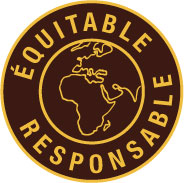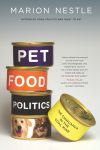
In the history of food practices, the invention of the restaurant was seen as a new area for sociability and the individualization of eating practices. Serving the eater based on a given menu reinforced the idea of taste built by the individual. However, taste is above all a social construct1. In Western countries, people tend to rely less on religion for regulation of food choices. As a result, adjectives like “ethical,” “equitable,” “sustainable,” “supportive,” and “responsible” are multiplying. They’re used to give meaning to food, reinforcing the natural, authentic, organic, ancient, traditional, fresh, and so on. Consumers can easily get lost but are likely to jump on because of environmental concerns and the increasing need to align one’s diet with this ideal of a “protected” and “clean” planet3. Marketing techniques used by major brands also help to turn this quest for meaning into a hot new trend. “Ethical,” “fair,” “sustainable,” and “being in sympathy with,” are all words aimed at integrating concern for the other into what the consumer eats. And he/she does so with codes that are all the more respectful as the feeling of food without a “natural contract” or “social contract” develops.
Eating what I want with others is the ideal marriage between social and individual identity, a variant of today’s “being alone together.” As soon as the eater frees himself from imposed tastes because he possesses the material resources, he is prone to reorganizing the meaning of his food.
New classes of values, ethics, solidarity, and sustainability testify that we eat what we want to be.






